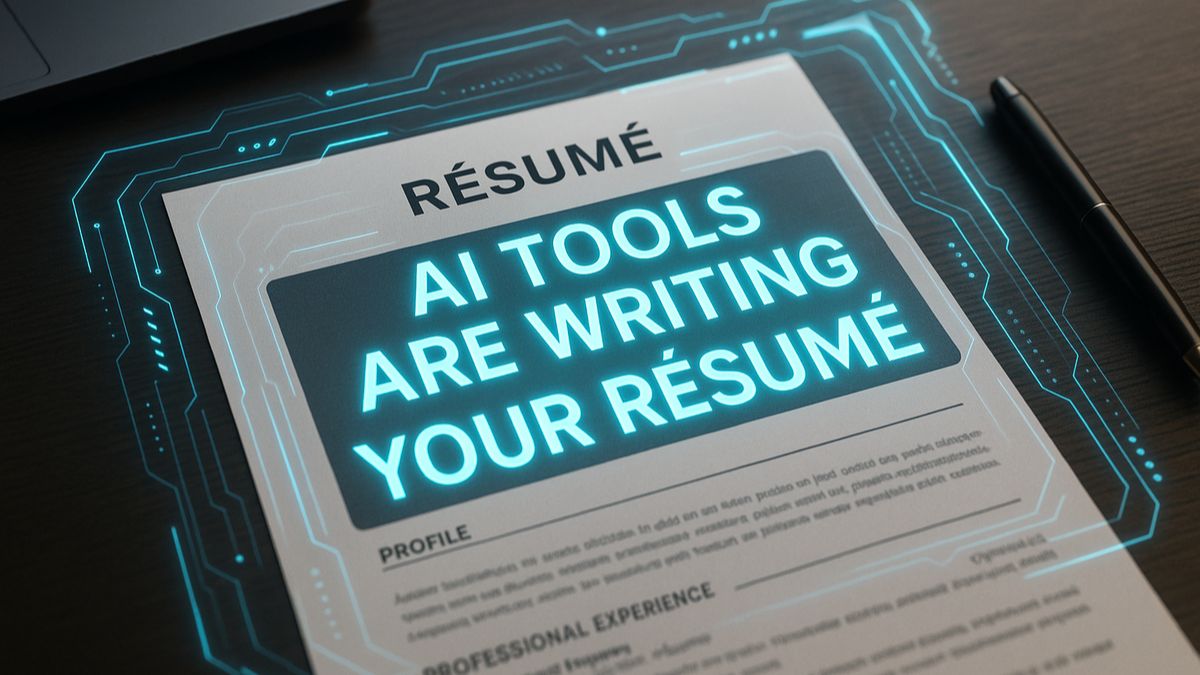Return-To-Office Mandates: It’s Not About Productivity, It’s About Power. The drumbeat for return-to-office mandates grows louder. Executives fill op-eds and internal memos with familiar refrains: “collaboration,” “innovation,” “company culture,” and sometimes, even veiled claims about “productivity.” We’re told that the serendipitous magic of the water cooler chat and the energy of a bustling office are essential ingredients for success.
But for many employees who thrived—or at least demonstrably functioned—remotely for two-plus years, these arguments ring hollow. The data on remote productivity is, at best, complex and often shows a negligible decline, sometimes even improvement. Collaboration tools have evolved. Company culture, many argue, is about values and actions, not just shared physical space. Return to office mandates
Return-To-Office Mandates
Return-To-Office Mandates: So, if it’s not definitively about productivity, collaboration, or culture in the ways often presented, what is driving the forceful pushback to the physical office? Increasingly, the answer echoing in Slack channels, LinkedIn comments, and quiet conversations is simple: power. Let’s break down why this perspective resonates so strongly: trust flexibility rto mandates
1. The Productivity Paradox:
The most glaring inconsistency is the productivity argument itself. The global remote work experiment during the pandemic largely proved that knowledge workers could be productive outside the traditional office walls. Companies reported strong results, innovation continued, and deadlines were met. Now, claims that productivity requires a physical return often lack robust, transparent data. This leads employees to suspect the justification is a convenient narrative, not the core reason.
2. Visibility Equals Control (for Some):
Return-To-Office Mandates: Traditional management structures often relied heavily on “managing by walking around.” Presence was conflated with performance. For managers uncomfortable or untrained in managing remote teams based on outcomes and trust, return-to-office mandates represent a return to a familiar comfort zone. It’s easier to see people working than to trust they are working. It isn’t about boosting output; it’s about restoring a perceived sense of oversight and control.
3. Justifying Expensive Real Estate:
Companies have sunk significant costs into long-term office leases and fancy headquarters. Empty or half-empty buildings are a stark visual reminder of potentially wasted resources. Return-to-office mandates help justify these sunk costs, making the balance sheets look better and appeasing shareholders concerned about underutilized assets. It is an economic calculation, not necessarily one rooted in optimal work strategy.
4. Reasserting Hierarchy:
Return-To-Office Mandates: The physical office naturally reinforces traditional hierarchies. Corner offices, specific floor assignments, and the ability for executives to command presence—these are all visual and spatial cues of power. Remote work flattened some of these dynamics, giving employees more autonomy over their environment and schedule. Return-to-office mandates can be seen as a move to reinstate that clear, visible power structure.
5. The Erosion of Trust:
Perhaps the most damaging aspect is the implicit message return-to-office Mandates send: “We don’t fully trust you to work effectively without direct supervision.” After years of employees proving their capability remotely, often while juggling immense personal challenges, this perceived lack of trust breeds resentment and disengagement. It feels less like a strategic decision and more like a paternalistic one.
Beyond the Buzzwords:
Return-To-Office Mandates: Yes, genuine collaboration and a strong company culture are important. But are rigid, top-down return-to-office mandates the only or best way to achieve them? Many argue no. Intentional hybrid strategies, better remote communication tools, purposeful in-person gatherings, and building culture through shared values and mission—these can be more effective and less disruptive than forcing everyone back to a desk five days a week.
When the official reasons don’t fully align with lived experience or available data, employees look for other explanations. The “power” narrative—whether it’s about management control, justifying costs, or reinforcing hierarchy—provides a compelling, if often uncomfortable, alternative explanation for the return-to-office push.
Return-To-Office Mandates: Until companies can offer more transparent data and genuinely address employee concerns about flexibility and autonomy, the suspicion that return-to-office mandates are more about reasserting control than boosting performance will continue to define this workplace battleground. And in the war for talent, wielding power without trust is a risky strategy.


